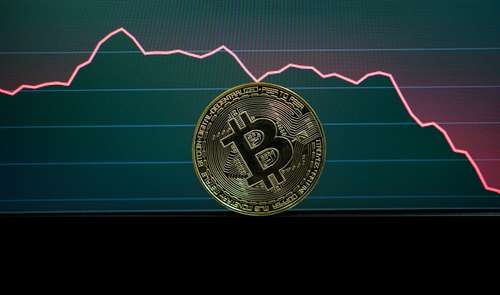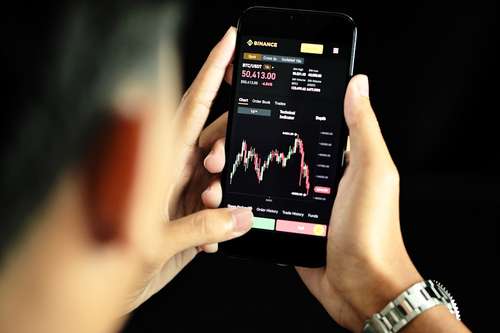
In the crypto landscape, the stakes are high, and one of the most critical aspects of your digital wealth is how you store it.
Neglecting secure crypto storage can lead to the loss of your hard-earned funds, a mistake that can be financially devastating.
In 2022 alone, an estimated $3.8 billion worth of cryptocurrency was stolen. This doesn't even account for the countless losses due to user errors and exchange failures in previous years.
So, if you're wondering how to store your crypto safely, you've come to the right place.
Common Mistakes in Crypto Security: How to Safeguard Your Digital Wealth
-
Not Your Keys, Not Your Crypto
Leaving your cryptocurrencies on exchange platforms isn't always a smart decision. Just like a bank, the exchange is a platform that stores your wallet. However, it's important to note that storing your money in a bank is not the same as holding cash in your own hands.
It's essential to think of your private keys as your cash in the crypto space. Without control over them, your investment is at risk. Therefore, it is advisable to store your cryptocurrency in a wallet where you own the private keys, ensuring that you have complete control over your assets. This way, you can have peace of mind knowing that your investment is safe and secure.
-
Too Many Wallets Are a Bad Idea
It's a common misconception that having separate wallets for different cryptocurrencies is a smart move. However, this approach can actually lead to confusion and potential loss of funds.
Imagine having multiple piggy banks, each designated for a different type of coin.
If you forget where you put your savings, you could end up losing everything. Therefore, it's recommended to stick to a single, reliable wallet to keep things simple and secure.
-
Using Weak Passwords
Just like you wouldn't use '123456' as your bank password, using weak passwords for your crypto wallet is a big no-no.
Make sure your passwords are strong and unique for every wallet you have. A strong password is like a lock on your front door. It keeps your crypto safe from digital burglars.
-
Ignoring 2FA (Two-Factor Authentication)
Enabling two-factor authentication (2FA) is crucial to secure your crypto accounts. It adds an extra layer of security, similar to a secret handshake, before accessing your funds.
Ignoring 2FA is like leaving your front door unlocked, inviting hackers to steal your crypto assets. To keep your accounts safe, always enable 2FA and make sure to follow best practices to protect your login credentials.
-
No Backup? Big Mistake
Have you ever considered what could happen if you stored all your cash in a safe, but one day you misplaced the key and couldn't find a spare one? The answer is simple, if you lose the key, you could potentially lose access to your cash forever.
That's exactly what happens when you don't back up your crypto wallet. If, for instance, something goes wrong with your device or you forget your password, your cryptocurrency could disappear forever.
Therefore, it's essential that you create a backup of your wallet and store it in a secure location such as a locked drawer or a trusted cloud storage service.
-
Fall for Phishing Scams
It is not uncommon for some people to be overly trusting and fall prey to phishing scams. Such scams often involve receiving fraudulent emails or messages that request for personal information or private keys.
You can think of it as a stranger showing up at your doorstep and asking for your bank details. In order to prevent becoming a victim of such scams, it is important to be cautious and verify the authenticity of any request before sharing your cryptocurrency details. You're not even meant to share them with anyone at all!
-
Ignoring Software Updates
Just like you update your phone and computer for security, you should keep your wallet software up-to-date.
It is crucial to keep your crypto assets secure and one of the ways to do that is by regularly updating your wallet software. These updates often contain essential security patches that safeguard your assets from potential threats.
Neglecting updates can lead to disastrous consequences as hackers tend to target users who continue using outdated wallet applications, which have weaker security and are easier to breach.
Conclusion
It is crucial to store your cryptocurrency securely to safeguard your investments. Avoid leaving your digital assets on exchange platforms. Instead, use strong and unique passwords, enable 2FA, create backups, and be vigilant of phishing scams. Always keep your software updated. If you have a significant amount of cryptocurrency, consider using a hardware wallet for added security. Remember, it is your money, and taking the time and effort to store it safely is worth it.




